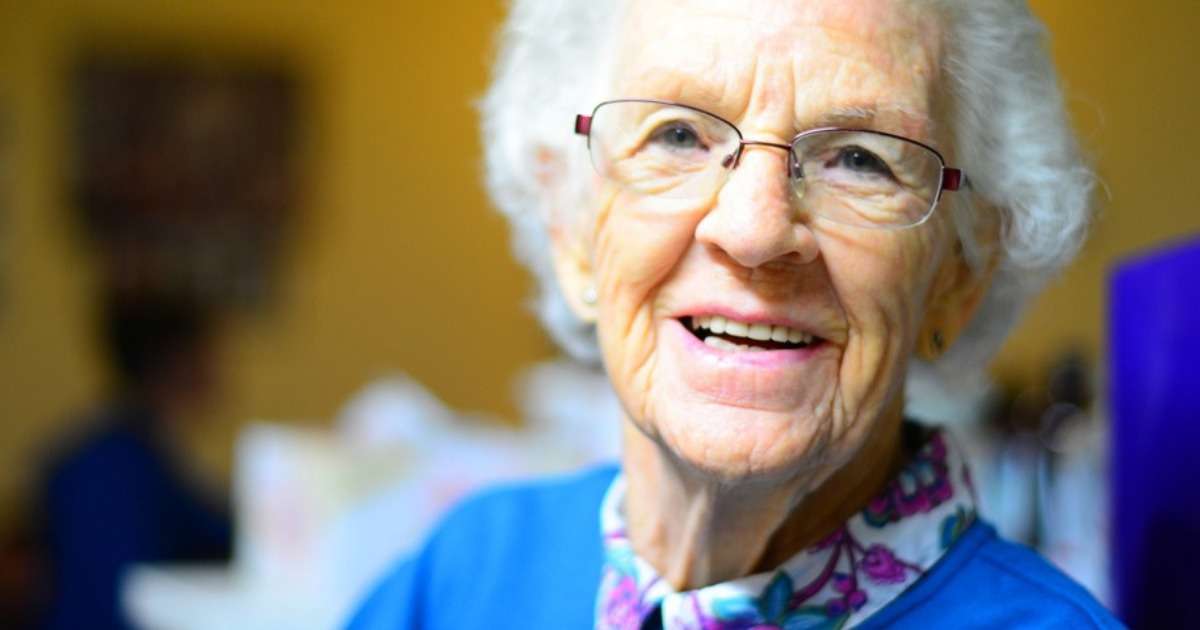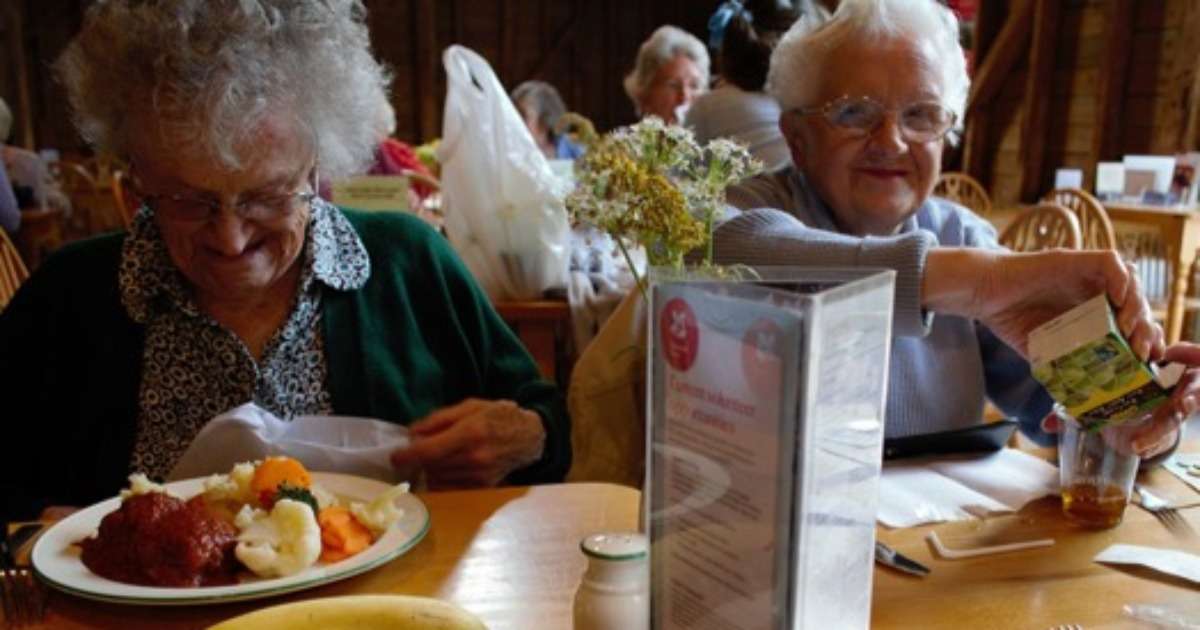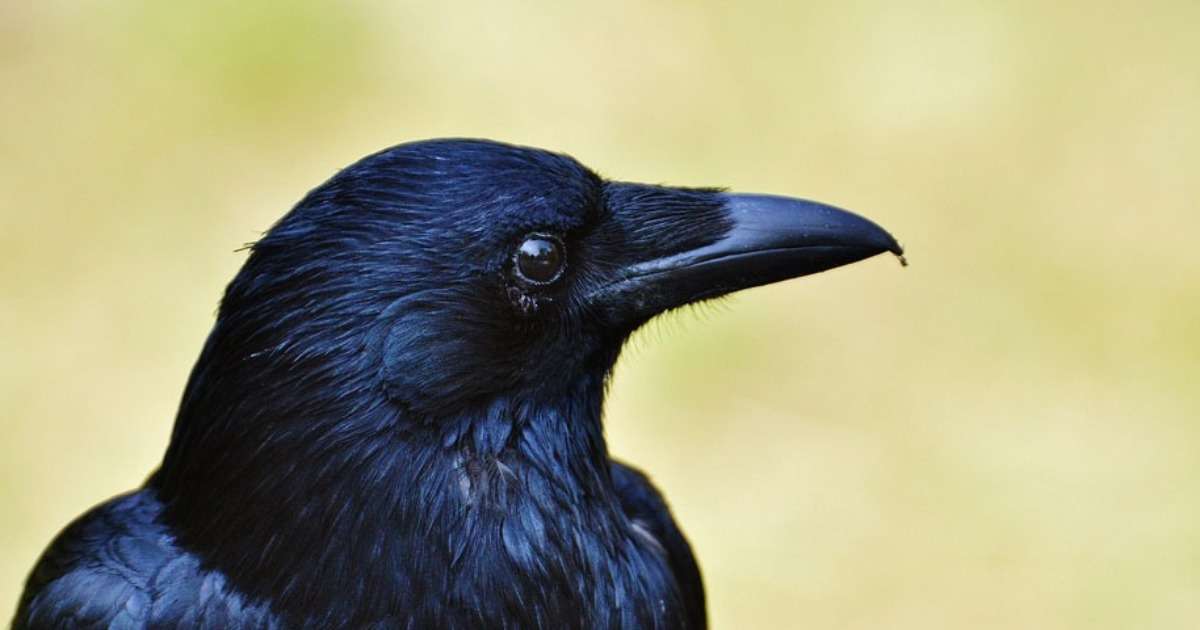
How to study consumer behavior in a kitchen
Masson and colleagues from Université Paris-Saclay, France, designed a test kitchen to investigate food storage processes. According to them, the use of video cameras was of great value for analyzing behaviors.

Measuring consumer responses to chocolate and images
Researchers all over the world are trying to find ways to measure real consumer responses and behavior.

Operating room layout: impact on work patters and flow disruptions
With use of prerecorded videos of surgeries, researchers examined the impact of the layout of an OR on work patterns and flow disruptions of a circulating nurse.

In home study of older persons
Older people are healthier these days and like to live in their own homes as long as possible. As a result, the need for home care services is increasing.

Three examples of nurse-patient interaction research
The use of video technology in nurse-patient interaction research offers important advantages to scientists in unraveling complex behavior patterns. Learn more!

Consumer behavior: do we enjoy the buffet to its fullest potential?
In a buffet restaurant, do you also want to try another dish? Just because it's available? Read this blog post about how choice influences eating behavior.

Effectiveness of video feedback in education
Did you know that video feedback in education is efficient? This and 5 more reasons why video debriefing in education is effective.

To be ravenous or to be social
Prosocial behavior, a voluntary behavior to benefit another, is an interesting concept from an evolutionary point of view. At first sight it may seem logical to be social.

Investigating the relationships between the immune system and the brain
Our research group is investigating the relationships between the immune system and the brain in humans.

Video-recording children with ASD in-home
Anne Kirby and colleagues studied sensory and repetitive behaviors among children with autism spectrum disorder (ASD). 32 children with ASD participated.
